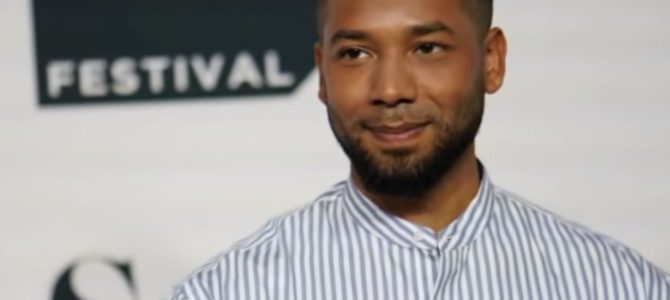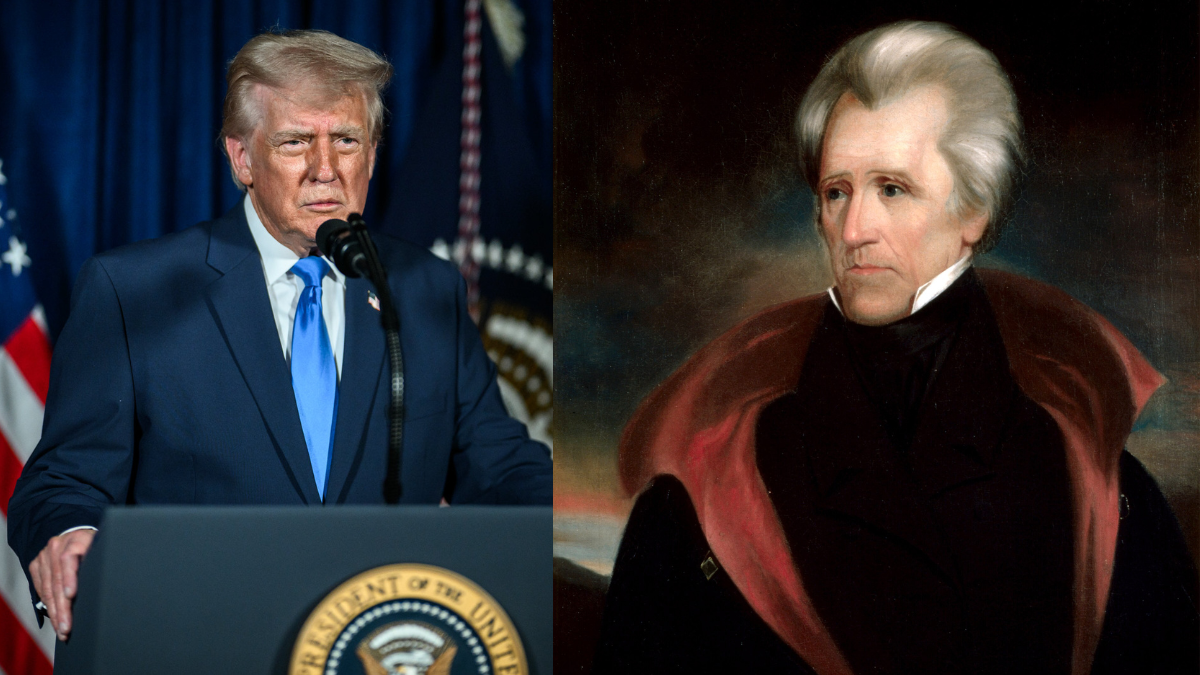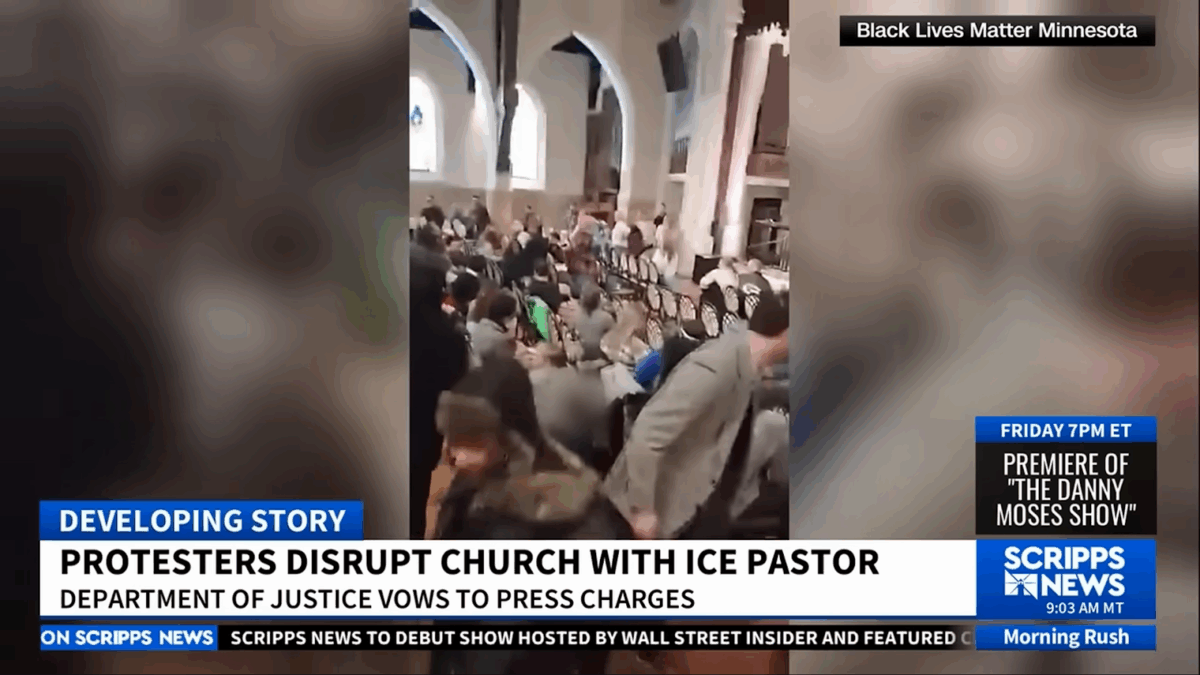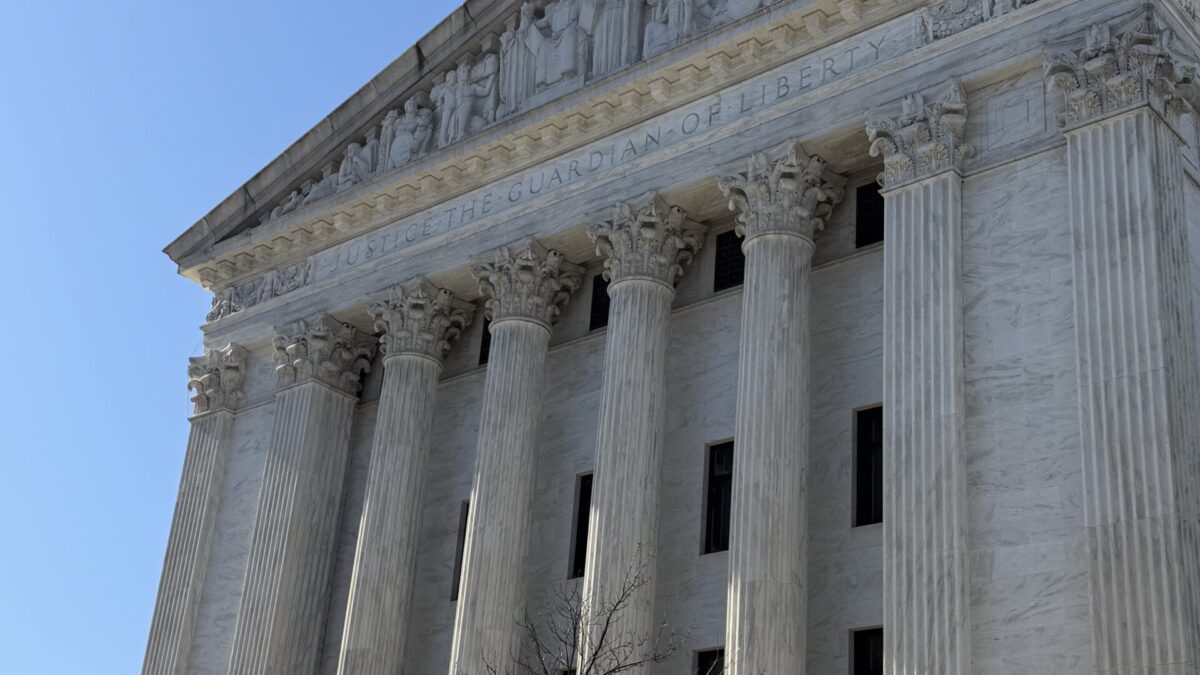
When Christianity was still a baby religion, it dealt with its first case of hypocrisy. The Bible records the story in Acts 5: Ananias and Sapphira, a married couple in the church at Jerusalem, sold a piece of property. They made it known that they were donating all their proceeds to the poor, but they lied about the price, secretly keeping a portion for themselves.
For this self-exalting falsehood, the Holy Spirit struck them dead. “Then great fear came on the whole church,” the author of Acts concludes. I guess so.
Times change, and religious affiliations fluctuate, but human nature remains the same. People will always be tempted toward self-exalting lies, seeking to be applauded as virtuous without putting in the effort to actually be virtuous.
It’s through this lens that we should view the curious case of Jussie Smollett, who now appears to have faked a hate crime against himself, blaming it on faceless Trump supporters. We could also mention other recent viral “hate hoaxes”––the Covington Catholic debacle, the homophobic Whole Foods cake, and the too-readily-believed “racist restaurant patron” tales that plague the internet. These stories bear too many similarities to be seen simply as isolated attention-seeking.
Instead, this phenomenon has everything to do with a philosophy that has taken hold in the modern mind. Like Ananias and Sapphira before them, we should see these particular liars as early hypocrites in a new religion: the church of modern progressivism.
Progressivism As A Religion
I grew up in the 1980s, when American culture was quickly becoming post-Christian but hadn’t quite gotten there yet. Hedonism reigned; Michael Jackson’s “Bad” was the gleeful anthem of a rebellious generation. Later, in the ’90s and early aughts, moral relativism became the new governing philosophy. Do right and wrong even exist? It depends on what the meaning of “is” is.
Today, things are different. Virtue is very much back in vogue. When I look at this generation, I see young people fiercely, desperately trying to be good. A righteous fervor is sweeping America, shaming and punishing all who do evil. Yet the standards for “good” and “evil” seem unfamiliar and arbitrary. This is a strong indicator that the post-Christian agnosticism is over, and a new religion—one I’ll call progressivism—is rising from the ashes.
Philosophers and theologians have long posited that humans seek three fundamental virtues: goodness, truth, and beauty. The answer to the question “What is good, true, and beautiful?” is at the core of many religious traditions. Christianity finds the answer to all three questions in God himself. Without God, the Christian has no framework for right and wrong, for ultimate truth, or for the transcendent meaning that renders life beautiful.
Progressivism attempts to fill this God-shaped void with its own modern deities. To know what is beautiful, progressives look to the Self—self-realization and self-expression. To determine truth, progressives largely look to Science (although the worship of Science is slipping, as it is increasingly conflicts with the god of Self). Finally, to know what is morally right, progressives turn to something they call History. Now, by “History,” please understand that I do not mean the study and understanding of actual events in the past. I mean the moral force people invoke when they talk about being “on the right side of history.”
Without God’s goodness as a plumb line for right and wrong, moderns have no framework with which to judge the clear evils that exist in human behavior. So they’ve settled on a simplistic moral standard that boils all sin down to a single category: oppression. Having learned about a few undeniable evils that existed in the recent past—slavery, Nazi concentration camps, Jim Crow—they’ve seized on the notion of “History” as a moral force that trends in one direction, the direction of progress.
History has a right side and a wrong side, and that line—however vague and changeable it might appear—is what separates good from evil. What’s more, we can look at our sample of known historical events and determine who the good and evil actors are. The oppressors are wicked, and the oppressed are righteous.
This moral framework leads to an inescapable conclusion: victimhood is the highest virtue. Victims and members of oppressed identity groups are elevated to a kind of sainthood in the progressive religion. Those who are more oppressed have more moral authority and are thus more worthy to speak, set policy, and make demands. This is in fact exactly what intersectionality teaches, complete with a hierarchy of victimhood for comparing everyone’s relative righteousness.
Is it any wonder, then, so many Americans are desperately trying to portray themselves as victims? Should we be surprised that while early Christians were tempted to inflate their giving to the poor, early progressives are tempted to fabricate hate crimes against themselves?
How Progressive Morality Fails
When we compare these two stories of hypocritical “hoaxes,” however, the superiority of the Christian moral framework versus the progressive one becomes clear. Both Smollett and the biblical Ananias and Sapphira told lies to inflate their virtue. But we must ask a crucial question: what if both lies had been true?
In the first case, we would have had an act of radical charity: selling a piece of property and donating the entire value to feed and clothe the poor. On one side of this human exchange would have been a giver, and on the other side a recipient (or many recipients). All participants would have ended up better off—ennobled, enriched, and blessed.
In the second case, we would have had an incident of violence and hate, with a perpetrator on one end and a victim on the other. Both sides would have been worse off for the exchange: one participant brutalized, the other a brute. If the societal value of religion is found in the inculcation of virtue, which of these two “virtuous acts” should we be seeking to perpetuate throughout American culture? Which type of morality will lead to more peace, justice, and unity?
While adherents of progressivism may sincerely believe they’re working to end oppression, the fact is that their model of morality requires oppression in order to exist. It requires that someone always be cast in the role of oppressor, whether he or she deserves to be or not. Any final end to oppression and evil—any real peace, unity, or brotherhood—is impossible.
Progressives decry the “privilege” and “power” of some identity groups over others, but the reality is that they don’t seek to abolish class struggle, but rather to wield it. Progressivism keeps us locked in an endless conflict, fighting to kill or be killed.
This is why progressives are so eager to make their fellow Americans into racists and bigots. Virtue is a zero-sum game; you can only gain yours if someone else loses his. If there isn’t anyone willing to oblige you by donning a MAGA hat and putting a rope around your neck, you’ll have to find other ways of getting on the right side of History. Demonizing people on social media tends to be one of the easier routes.
What’s more, progressivism’s moral code ultimately works against progress. Oppressed identity groups can never really rise up and overcome their victimhood, unless they also wish to lose their moral authority. Indeed, some identity groups once seen as largely oppressed, such as white women and gay men, are discovering that as they’ve gained influence in mainstream society, they’ve lost capital in the world of social justice.
One would think empowerment of historically marginalized groups is a good thing. But progressivism, particularly the doctrine of intersectionality, penalizes it.
What We Need Is Real Religion Again
At some point, Americans’ patience with this punishing moral fervor will run out. When we finally grow weary of the endless offense-taking, shaming, bullying, language-policing, and pitting of one American against another, maybe it will be time to acknowledge that progressivism is a toxic belief system, incompatible with freedom, peace, and unity. Maybe it will be time to remember that we’ve survived nearly two and a half centuries as a largely tolerant, diverse, and free nation because we were founded on very different principles.
Maybe it will be time to remember that America started out with the idea, revolutionary in its time and inspired by Christianity, “that all men are created equal, that they are endowed by their Creator with certain unalienable rights.” However imperfectly we have lived out this ideal over the years—and we have violated it in some dreadful ways—the principle itself was sound. It still is.
“But oppression and violence happen in Christian-dominated societies too,” some will say. It’s a fair point. Hypocrites have been in the church from the start, and hatred and tribalism are a part of our inborn sin nature. But unlike progressivism, Christian morality offers a way out. It shows us a different way of living, beyond our base human natures and endless power struggles.
It teaches us to struggle not against our fellow man, but against the evil in our own hearts. It teaches that all people are sinners alike, but that all can be redeemed. For this reason, taken as a whole, the Christian moral framework has created more peace, justice, freedom, reform, and progress in this broken world than any other.
We don’t have to look too far back in history for an example. Fifty-five years ago, a Christian pastor stood on the steps of the Lincoln Memorial and delivered an iconic speech with the cadence of a sermon and a text soaked in Scripture. He called on America to keep its promise of freedom for all citizens, regardless of color or creed. He spoke of freedom for the oppressed, and of repentance and redemption for the oppressor. He spoke of unity among “all God’s children: black men and white men, Jew and Gentile, Protestant and Catholic.” Rather than envisioning a never-ending, zero sum struggle, he proclaimed a dream of brotherhood.
Dr. Martin Luther King had experienced far more racism, violence, injustice, and hatred than Smollett is likely to see in a lifetime. Nonetheless, he remains a model of virtue for us not because he was a victim, but because he drew on the teaching of his faith to overcome hatred with love. Brotherhood that transcends identity is a Christian idea. It is an American idea. We must reclaim it, or perish.







